Cultural safety refers to addressing racism and unconscious bias in the enabling environment delivering policy or services to Aboriginal and Torres Strait Islander peoples. The term originally comes from Maori nurses in Aotearoa, who identified the need for a decolonising practice among health professions and systems, based on the Treaty of Waitangi.
Put simply, cultural safety is not about culture, it is about racism and sovereignty. The Council of Australian Governments have committed to a health system free of racism and discrimination for Aboriginal and Torres Strait Islander peoples. Let’s see if they act and invest accordingly.
Consider, for example, who’s problem is it if an Aboriginal patient at hospital is confronted with a triage nurse who can’t say the word Aboriginal, and is then left to navigate an un-coordinated maze of hospital departments with instructions being delivered in loud and disrespectful English, instead of one of the Aboriginal languages a patient is used to? Health outcomes in this case are negatively impacted by a culturally unsafe health workforce, organisation and system.
Read the full article here…







